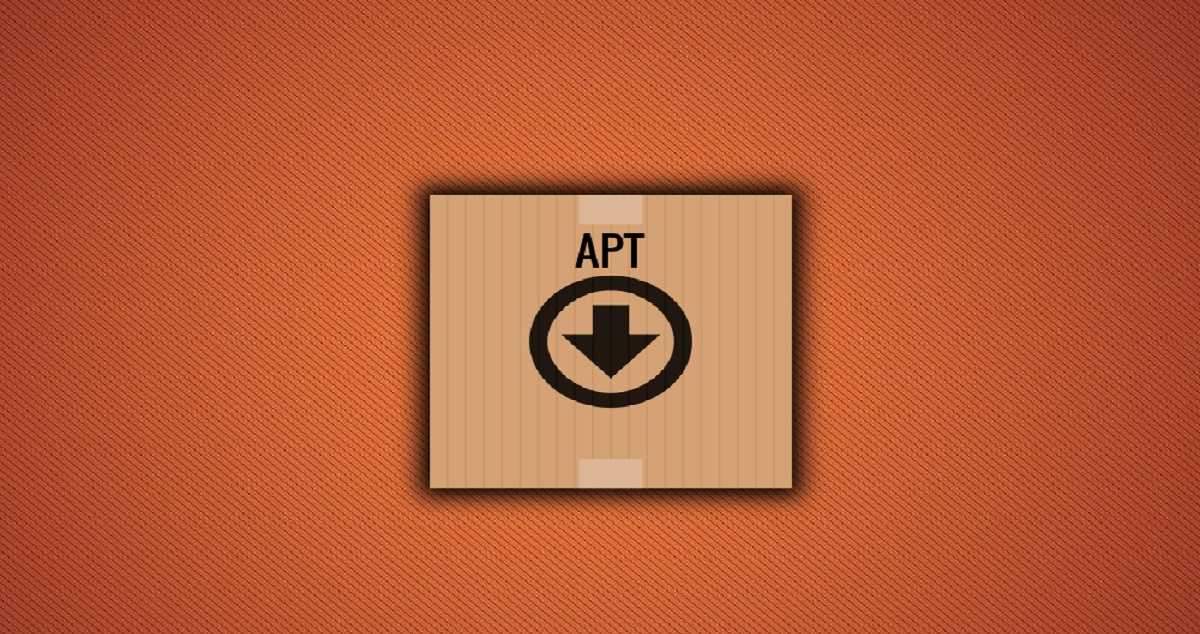
The release of the new version of the package management tool "APT 2.0" (Advanced Package Tool) which is developed by the Debian project. In addition to Debian and its distributions, APT is also used in some distributions based on the rpm package manager, such as PCLinuxOS and ALT Linux.
Compared with the 1.8 series, the series APT 2.0 Introduces Several New Features, and performance improvements, hardening, in addition to the fact that a lot of code has been eliminated, which reduces the size of the library, the new branch also incorporates the changes accumulated during the development of the experimental 1.9.x branch, some changes in the syntax, among other things. .
Main new features of APT 2.0
With the release of this new version, it is mentioned in the announcement that an improvement has been added to the commands that accept package names well now They have support for templates. The template syntax basically follows the style of aptitude templates.
While support for masks and regular expressions in apt command arguments has been discontinued, templates must now be used instead.
A basic example of this new change, is if we want to list the manually installed packages of some sections:
apt list '~i !~M (~seccion1|~seccion2|~seccion3)'
Another important change for this new version is that apt satisf and apt-get satisfize commands added, which allows you to install the necessary packages to satisfy the dependencies specified in the line passed as an argument. Including you can list multiple lines and specify "Conflicts:" blocks to remove dependencies.
A basic example of these commands is:
apt-get satisfy "foo" "Conflicts: bar" "baz (>> 1.0) | bar (= 2.0), moo"
On the other hand we can find that added the ability to bind to a package with code adding the prefix "src:" in front of the package name (pinning allows you to add packages from other branches without updating the whole system, for example installing on stable packages from testing or unstable).
To fix all binary packages collected from a package with apt 2.0.0 code, you can specify:
Package: src:apt Pin: version 2.0.0 Pin-Priority: 990
It is also highlighted that improved parallelization of rred driver release and unpacking during the update command execution.
Besides that it is mentioned that cache format has been updated, which now allows you to add new entries without violating the ABI. Pointers in the cache are now statically written and cannot be compared to integers (except 0 through nullptr).
Of the other changes that are mentioned in this new version:
- Removed outdated flags and merged various function prototypes. Custom implementations of the CRC16, MD5, SHA1, and SHA2 algorithms have been removed.
- The apt command waits until the dpkg lock is released. By default, when it is started from the console, the wait is unlimited in time and, in other cases, the wait time is 120 seconds.
- If apt cannot set the lock, the error is now displayed with the name and pid of the process that contains the lock file shown.
- Added merge translations and bump-abi commands.
- For cryptographic hashing, the MD5, SHA1, and SHA2 implementations of the libgcrypt library are involved.
- The accounts listed in the auth.conf file are now transferred only when accessed over HTTPS to prevent leaks if an HTTP connection is intercepted.
- The requirement for a version of the C ++ standard has been raised to C ++ 14.
- Apt-helper adds support for specifying multiple hashes for a single file.
- Merged the libapt-inst library with libapt-pkg.
Finally it is mentioned that this new version of APT 2.0, in the near future will be integrated into the unstable branch of Debian and in Ubuntu, since APT version 1.9 was incorporated in Ubuntu 19.10 and is possibly being integrated in 20.10.
If you want to know more about it, you can check the announcement of the new version in the following link.